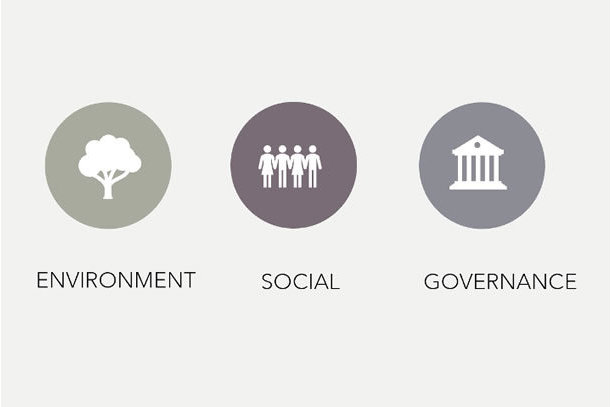The environment tops list of ESG factors for institutional investors

Summary
62 percent of pension funds and other institutional investors surveyed expect to increase their focus on ESG over the next three years.
New research from SigTech, a quant technologies provider, reveals 62 percent of pension funds and other institutional investors expect to increase their focus on ESG over the next three years. Some 14 percent said they expect their focus on ESG to increase ‘dramatically’ between now and 2024, with just 7 percent claiming it will decrease.
When considering what impact ESG will have on their investment activities, 43 percent of the institutional investors surveyed said the environmental factor is the most important one for them. Nearly one in three (31 percent) said social factors are, and 26 percent selected governance as their main focus area. The professional investors surveyed are based in North America, Europe and Asia and who collectively have around $935 billion of assets under management.
More specifically, when asked which ESG factors would have the biggest impact on how pension funds and other institutional investors invest over the next three years, 85 percent of those surveyed said they expect the focus on climate action to increase, this was followed by affordable and clean energy (68 percent), 63 precent cited good health and well-being, diversity (46 percent), and clean water and sanitisation 43 percent).
SigTech said the growing focus on ESG from institutional investors, combined with the digitising of the value chain of the investment management industry, means institutional investors are increasingly looking to customise their investment portfolios.
Daniel Leveau, who heads SigTech’s strategic initiatives for institutional investors, said: “Just a few years ago it would have been a very daunting task for institutional investors to develop and implement their own index strategies, but it is now achievable. Custom equity portfolios allow institutional investors to define the investable universe, tailor their investment strategy to incorporate specific ESG policies and to directly hold individual securities.
“By applying the concept of alternative indexing methods, investors can gain exposure to different ESG factors that are optimal for them. Also, by owning certain securities directly, they can decide to what degree they want to be an active owner through voting and direct engagement.
“Pension funds and other institutional investors no longer need to search for an existing product that offers the best possible ESG fit for their needs as they can now create a product that meets them fully. One-size-fits-all products are not the solution, investors need to embrace customisation and direct ownership of securities.”
Related
-
Africa lacks investment to achieve SDGs – Standard Chartered study
Survey finds only 3 per cent of the over $50 trillion global AUM is invested in Africa.
-
Access Bank joins global efforts to mobilise financing for sustainable development
Access Bank was among the banks that developed the UN Principles for Responsible Banking.
-
Nigeria plans to issue N25 billion green bond for climate projects
Abubakar said proceeds of the green bond would be used to finance climate-friendly projects.










